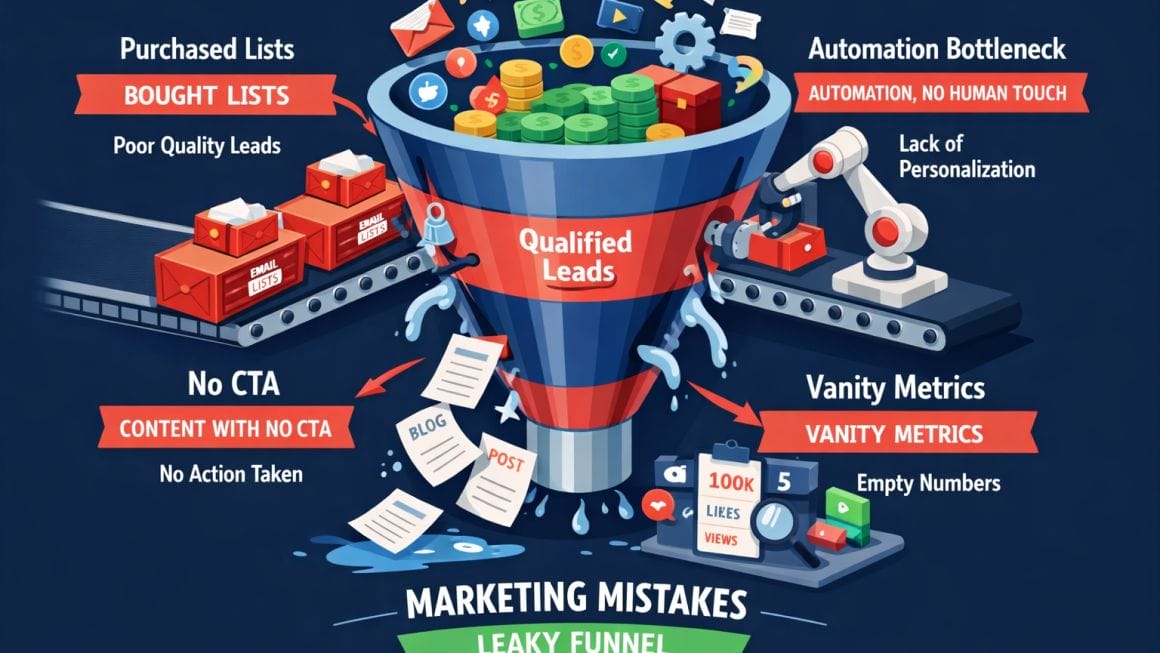In this day and age of a highly digitalized world, all businesses are experiencing the strain to develop software more quickly and with greater reliability whether you are a start-up organization in the process of scaling or an angsty business organization modernizing their legacy systems.
That is the very reason why the Devops consulting services have been necessary. They assist you in streamlining operations, silo busting, and uniting development and IT teams together so that you are able to innovate without creating a mess.
When you hear the hype about DevOps but you are not certain how it applies to your business, then this easy guide will help you figure out all you need to know.
What Do Devops Consulting Services Entail?
DevOps consulting is about assisting organizations to make the appropriate decision regarding practices, culture, tools, and workflows to speed up the software development process and enhance the efficacy of the operations. Consultants do not merely automate you, they make your teams, processes, and technology match your business objectives.
Be it slow release, lack of teamwork, or an increase in cloud expenditures, DevOps consultants can help you in a systematic effort to rectify the underlying problems and create a scalable and future-proofed base.
The Reason Why Businesses Should Seek Devops Consulting

When your teams work either in silos, manually deploy code, or you have to deal with constant production problems, you are not alone, as lots of companies struggle with the same problem. Devops consulting services assist you in:
- Reduce the time
- Automate the repetitive tasks
- Improve product quality
- Minimize risks and failures
- Improve inter-team communication
- Reduce spending on cloud resources and enhance resource usage
In a nutshell, DevOps eliminates friction throughout the software lifecycle that enables you to deliver superior experiences to your customers at a quicker pace.
Important Elements of DevOps Consulting Services
The following are some of the elements of a typical DevOps consulting engagement:
1. Development of Strategy and Roadmap
Consultants analyze your current position, detect gaps and draw a plan that would ensure that DevOps objectives are aligned to your business vision. This involves the choice of the appropriate tools, KPI definition and implementation timeline.
2. Cloud Cost Optimization
Without even noticing, most businesses spend more on cloud resources in an unnecessary manner. DevOps specialists assist you in optimal usage, optimal right-sizing of your infrastructure, and create cost-efficient architectures.
3. Team Enablement & Change Management
DevOps can only be introduced with a cultural change. During the training, creating awareness, and assuring your teams to use new tools and processes, consultants do the same with confidence.
4. Performance Metrics and Monitoring
Measuring nothing is impossible to improve. Devops consultants establish significant KPIs like deployment rate, lead time, MTTR and change-fail rate – and place dashboards to monitor them.
5. Security & Compliance
Security is not a thought-after. DevSecOps methods combine both compliance and risk-management practices into one and ensure that your systems are more secure and audit-ready.
The Four Stage DevOps Blueprint Consulting
The majority of effective DevOps journeys go through the following four steps:
Discovery & Assessment
Audits, interviews, and architecture reviews are used to analyze your existing systems, workflows, bottlenecks and culture.
Strategy & Roadmap
An individual strategy is developed with suggested tools, process enhancements, automation processes, and cloud solutions.
Implementation and execution
- CI/CD systems are implemented
- Clouds are streamlined
- Teams is trained to evolve
Monitoring and Optimization
After DevOps is in operation, there should be constant monitoring to assure constant improvement. Tweaks and optimizations are informed by performance measures.
A Guide to Selecting the correct Devops consulting partner
The consultant that you select will or will not make your DevOps transformation. In considering potential partners, consider:
- Are they aware of your business issues or are tools-centric?
- Are they able to support strategy, implementation and constant optimization?
- Is training and change-management support provided?
- Do they support cloud-agnosticity and vendor-neutrality?
Measuring the Success of DevOps
Being successful is not about the number of tools that one deploys but the results that one attains. Measure success through:
- Faster deployments
- Less production accidents.
- Improved recovery time
- Higher team collaboration
- Lower operational costs
- Increase customer satisfaction
Potential Pitfalls and How to Avoid Them
All even the best companies commit the following mistakes during the adoption of DevOps:
- Too much attention to tools, rather than culture.
- Attempting to make everything automated.
- Neglecting to document and govern.
- Failure to involve leadership at the initial stage.
- Leaving the question of security to the final.
An experienced DevOps consultant can make you step out of these traps and follow a more balanced and sustainable way.
Best Practices Every Business Starting DevOps
Regardless of your size, here are easy action steps to follow:
- Begin with a pilot project.
- Automate where it is the most important.
- Promote working together within the team.
- Assimilate security at each phase.
- Monitor improvement using specific KPIs.
It is not only the tech giants that are doing DevOps, small and mid-size businesses tend to achieve the most significant results.
Read Also,
The Benefits of Using Open Source Proposal Management Software
What Are AI-Powered Data Maturity Models?
Final Thoughts
The devops consulting services provide your business with the depth, plan, resources, and the assurance that you modernize your software delivery process. In this case, you can be fighting sluggish releases, or you might be devising a massive digital transformation, DevOps can enable you to get scalable, efficient, and predictable outcomes.
Should you be willing to unleash more rapid innovation and cut operational bottlenecks as well as develop a high-performing culture of engineers, then DevOps consulting should be your starting point.



